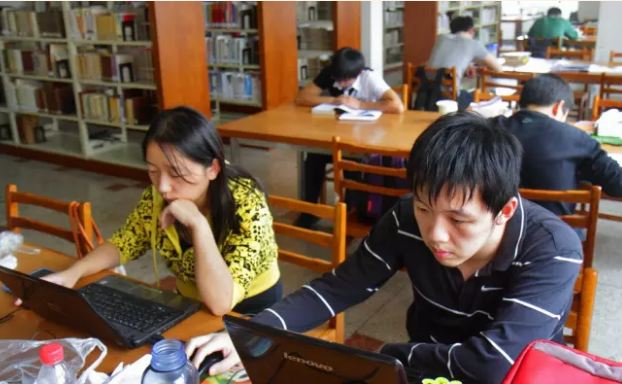
(TibetanReview.net, Nov02, 2017) – After Cambridge University Press, Springer Nature, which claims to be the world’s biggest publisher of academic books, has confirmed that it is restricting access in China to hundreds of articles that cover topics deemed sensitive to Chinese authorities, reported Money.cnn.com Nov 1, citing a Financial Times report. Cambridge University Press, which describes itself as the oldest publishing house in the world, later rescinded its decision, following strong protests from activists and its own academic contributors.
Cambridge University Press had admitted in August to blocking online access in China to academic works about Tiananmen Square, the Cultural Revolution and Tibet before reversing its decision. The affected publication was the China Quarterly journal.
The report said Berlin-based Springer Nature, owned by the Holtzbrinck Publishing Group and private equity firm BC Partners, published about 3,000 journals. The company’s stable outputs were stated to include Scientific American, a popular magazine whose history dates back 170 years.
The report said an online search on the publisher’s Journal of Chinese Political Science revealed that many research articles could not be viewed inside mainland China. Those blocked included politically sensitive keywords such as Tibet, Taiwan and Tiananmen. The articles, however, did appear in searches from Hong Kong, a semi-autonomous Chinese city with its own legal system, the report added.
By way of example, the report said a search from Beijing for articles containing Tiananmen yielded zero results. However, the same search from Hong Kong came back with 92 articles.
Other censored topics were reported to include the Cultural Revolution and Hong Kong, as well as disgraced former politician Bo Xilai and Jun 4, the date of the Tiananmen Square massacre.
The report cited a spokeswoman for Springer Nature as saying the company had filtered its content in order to comply with Chinese law. She has called the decision “deeply regrettable” but expressed fears that otherwise there was a “real risk of all of our content being blocked.” Springer Nature estimates that about 1% of its academic content is affected, the report added.
The report said leading China academics have slammed Springer Nature’s decision.
“This is hugely damaging to its reputation and standing as an academic publisher,” it quoted Professor Steve Tsang, director of the China Institute at SOAS University of London, as saying. “(This) is the thin end of the wedge that can cut academic freedom, and should not be accepted by the academic community.”


